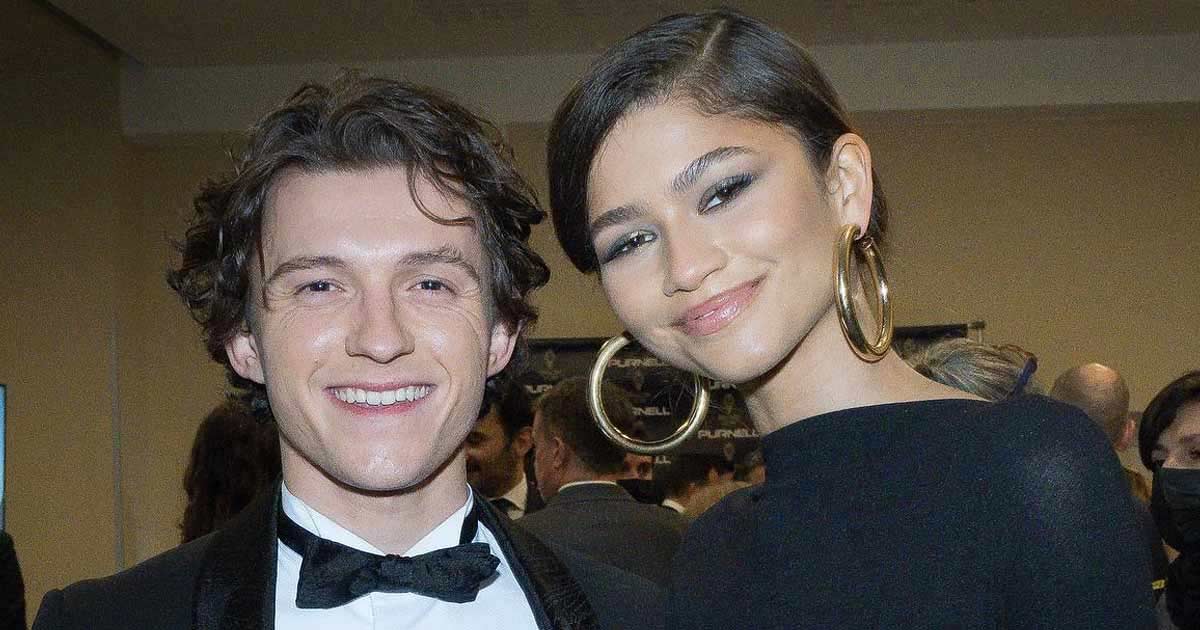When she spots one of the painted wooden signs outside a Brandy Melville store, filmmaker Eva Orner stops in her tracks. “Since I started doing the documentary, I always sneak in and check out how many people are in there and what they’re selling,” she tells Vanity Fair. What she sees, she says, is “horrifying. I think ‘cult’ is a word that is bandied around a lot, and we were very careful when we decided to use it.”
Orner is referring to the name of her latest documentary, Brandy Hellville & the Cult of Fast Fashion, which debuts on HBO on April 9. In it, the Oscar winner (Taxi to the Dark Side) unspools the dark inner workings of a fast fashion company that targets teens and has been worn by the likes of Kaia Gerber and Kendall Jenner. According to the doc, beneath soft baby-tees emblazoned with sayings like “Stressed, Depressed, But Well Dressed” is a shadowy operation that both preys upon and profits off female insecurity. The words “antisemitism,” “racism,” and “sexism” are tossed out within the first three minutes of the film regarding certain executives, a harbinger of dark deeds to be revealed. Brandy Melville did not immediately respond to a request for comment.
“Most companies maybe do one bad thing,” says Orner. With Brandy Melville, “something bad happens, and then something worse happens. And it just keeps going. By the end, your jaw is on the floor.”
Orner, an Australian who drives an electric car and has adopted a vegetarian diet, was introduced to Brandy Melville by Oscar-nominated producer Jonathan Chinn (Black Sheep) and Oscar-winning producer Simon Chinn (Searching for Sugar Man). As the film shows, the store presents itself as less of a label than as a lifestyle. Brandy Melville hires beautiful girls who seem popular—typically thin, white, and under the age of 18—who are often recruited while shopping in the store, the doc claims. Candidates are asked to submit full-body photos and offer up their social media handles in the place of any skill-based qualifications, said one former employee that Orner interviewed.
Staff members of color are hired but are often relegated to working in stock rooms, ex-employees told the filmmaker. Those who work at a store’s entrance—all of whom must fit the “one size fits most” clothes the company carries—are required to take daily “store style” photos that are sent to Brandy Melville’s enigmatic founder, former workers in the doc explained. Employees could be—and reportedly were—hired and fired based on such images. “They’re like 16-year-old girls. You can find, like, 700 different reasons to fire them,” one anonymous company employee says in the doc. “Like, it’s too easy. It wasn’t even fair.”
All of this information was unearthed before Orner began working on her film through lawsuits brought against the company and reporting by Kate Taylor, an investigative journalist at Business Insider. (Brandy Melville denied all wrongdoing in a 2022 class-action lawsuit brought by ex-employees. The company settled for $1.5 million.) But the revelations haven’t made much of a dent in Brandy Melville’s revenue. “There has been an exposé on this company. A lot of young girls know that the company’s not great, but they still shop there,” Orner explains. “And I find that really disturbing. There comes a point in your life where you have to [decide], What kind of person do I want to be? When a brand’s been exposed as being really shit, you can get clothes elsewhere. The fact that people are so locked into this brand is really surprising.”
Orner set out to make a film that would contextualize the company’s ethical issues within a larger environmental landscape. Her cameras traveled to the far reaches of Prato, Italy—where Brandy Melville’s clothing is produced in crowded factories—and Ghana, which has become a dumping ground for heaps of unwanted garments. In the documentary, former staff members said that higher-ups would buy the non-Brandy shirts off their backs so they could replicate and mass produce their design—a practice that has led to copyright infringement suits against the brand. (After being sued by Forever 21 in 2016, Brandy Melville’s parent company settled out of court.)
“The level of exploitation against women is staggering,” says Orner, especially when it’s further enabled by social media platforms like Instagram, Tumblr, and TikTok. “You are being exploited by companies and doing their work when you make videos promoting them and [don’t] get paid,” she explains. “There are these armies of young girls advertising for these evil companies who are just laughing all the way to the bank.”






